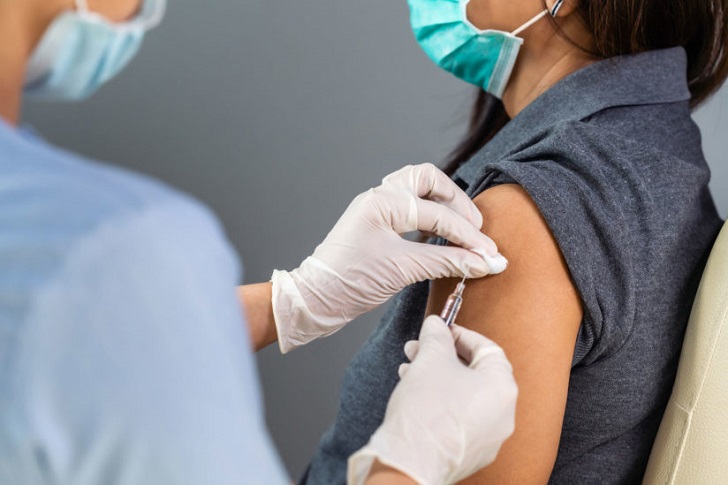Cancer is a devastating disease that affects millions of people worldwide. While there is no surefire way to completely prevent cancer, there are steps individuals can take to reduce their risk and detect it early when it is most treatable. Below are some strategies and methods for preventing cancer and finding it early.
Maintain a Healthy Lifestyle
Adopting a healthy lifestyle is one of the most effective ways to prevent cancer. This includes:

Healthy Diet
Eat a balanced diet of fruits, vegetables, whole grains, and lean proteins. Limit the consumption of processed foods, red and processed meats, and sugary drinks. A healthy diet can help maintain a healthy weight and provide essential nutrients that support overall health.
Regular Physical Activity
Engage in regular exercise or physical activity for at least 150 minutes per week. Physical activity helps maintain a healthy weight, boosts the immune system, and reduces the risk of various cancers, including breast, colon, and lung cancer.
Avoid Tobacco and Limit Alcohol
Avoid tobacco in any form, including smoking and chewing tobacco. Additionally, limit alcohol consumption as excessive drinking has been linked to an increased risk of several cancers, such as liver, breast, and colorectal cancer.
Sun Protection
Protect your skin from harmful UV rays by wearing sunscreen, seeking shade, and wearing protective clothing. Skin cancer is one of the most preventable forms of cancer, and practicing sun safety is crucial.
Get Vaccinated
Certain viruses, such as human papillomavirus (HPV) and hepatitis B, can increase the risk of developing specific types of cancer. Getting vaccinated against these viruses can significantly reduce the risk. HPV vaccines are available to protect against several virus strains that can cause cervical, anal, and other cancers. Hepatitis B vaccines can help prevent liver cancer.
Be Aware of Occupational Hazards

Certain occupations involve exposure to hazardous substances that may increase the risk of developing cancer. If you work in an industry with potential carcinogenic exposures, such as asbestos, benzene, or heavy metals, take appropriate precautions, follow safety guidelines, and wear protective equipment to minimize risk.
Regular Screening and Early Detection
Regular cancer screenings can detect cancer at its early stages when treatment is often more effective. The types of screenings recommended may vary depending on age, gender, and family history. Some common cancer screenings include:
Mammograms
Regular mammograms are essential for early detection of breast cancer, particularly for women aged 40 and above.
Pap Smears
Women should undergo regular pap smears to screen for cervical cancer. The frequency of pap smears may vary depending on age and personal risk factors.
Colonoscopies
Colonoscopies can help detect colorectal cancer and precancerous polyps. Adults aged 50 and above, or those with a family history of colorectal cancer, should undergo regular screenings.
Prostate Exams
Men should discuss with their healthcare providers the appropriate time to start prostate cancer screenings, which may include digital rectal exams and prostate-specific antigen (PSA) blood tests.
Skin Examinations
Regularly check your skin for changes, including new moles, growths, or existing ones. Consult a dermatologist if you notice anything suspicious.

Know your Family History
Understanding your family’s medical history can provide valuable insight into potential inherited risks. Some types of cancer, such as breast, ovarian, and colorectal, can have a genetic component. If you have a family history of certain cancers, consult a genetic counselor or healthcare professional to assess your risk and determine appropriate screening measures.
Stay Informed and Educated
Stay updated with the latest research and cancer prevention and early detection recommendations. Organizations like the American Cancer Society and the World Health Organization provide valuable resources and information on cancer prevention strategies, risk factors, and screening guidelines.
